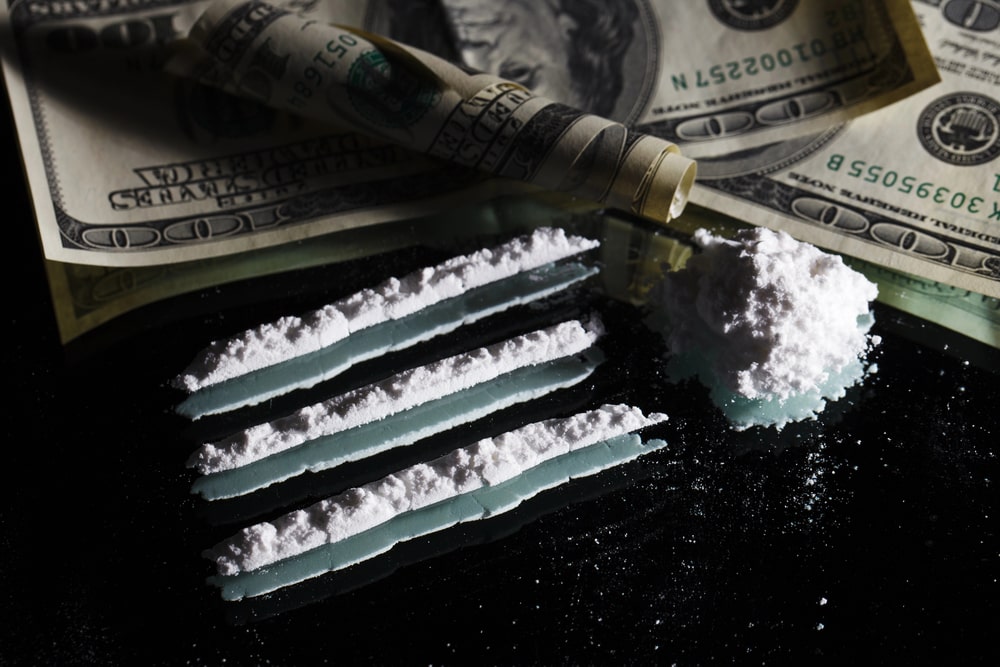
Being falsely accused of a drug-related offense can damage more than your legal standing—it can also harm your reputation, career, and relationships. If someone has spread lies about you being involved in illegal drug activity and that you were arrested for this, in some situations this may be a reason to make a defamation claim but in others, it would not be considered defamation and you would not have the grounds to do this. While not every accusation will qualify, there are situations where legal action may be appropriate.
Our friends at Lai & Turner Law Firm PLLC discuss how false drug charges and public accusations may open the door to defamation claims and why it’s important to take these matters seriously.
Public Accusations Can Damage Reputations
When someone falsely claims another person is involved with drugs—whether through direct accusation, rumor, or social media post—it can create real and lasting harm. Even if the accusation never leads to criminal charges, the damage to someone’s public image may already be done. Employers, schools, and community members may respond to the claim as if it were true, leading to lost jobs, social consequences, or damaged relationships.
Defamation occurs when someone makes a false statement of fact about another person, and that statement causes harm. In drug-related cases, falsely labeling someone a criminal or suggesting they use or distribute illegal substances may qualify—especially if the person spreading the information knows it’s untrue or acts with reckless disregard for the truth.
Criminal Accusations Require A Closer Look
Not every false accusation will amount to defamation. In the case of drug charges, it’s important to consider the context. One example where an accusation would not be considered defamation is if someone reports their genuine concern and suspicions about you and your behavior to law enforcement, they may be protected from a defamation lawsuit even if the allegation does in fact turn out to be false.
On the other hand, if a person knowingly lies to the police or spreads falsehood to others in a way that causes reputational harm, that may cross the line. Statements made outside of formal legal proceedings—like social media posts or workplace gossip—are more likely to fall within the scope of a defamation lawsuit.
Legal Action May Be Available
If someone has made false drug-related claims that harmed your reputation, a defamation lawyer can help assess your legal options. To move forward with a claim, you typically need to prove that:
- The statement was false
- It was presented as a fact, not opinion
- It was communicated to others
- It caused measurable harm
In some cases, false drug accusations may be considered defamatory “per se,” meaning harm is presumed because the claim involves criminal conduct. This can make it easier to pursue legal action without having to prove specific damages like lost income or emotional distress.
Criminal Defense And Reputation Go Hand In Hand
If a person is formally charged with a drug-related crime and later cleared, the impact on their reputation may still linger. A drug crime lawyer may help with the defense in court, but restoring your name in the public eye may require additional legal steps.
If your reputation has been compromised and you are suffering because of it, working with a defamation lawyer to clear your reputation is a way to be able to repair the damage this has caused- and give you the means to move forward and away from this horrific ordeal. Defamation lawyers are professionals who focus on clearing false statements and seeking accountability from those who spread damaging lies. Whether the false accusation came from a private individual, an employer, or someone online, legal tools are available to help protect your reputation and respond appropriately.
